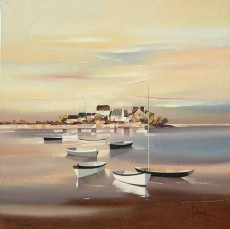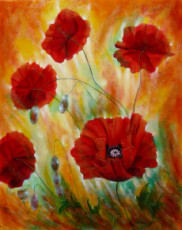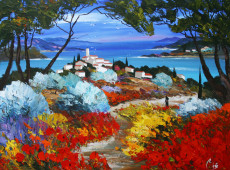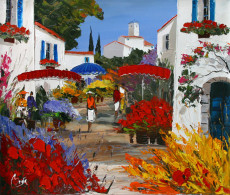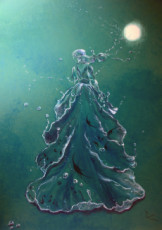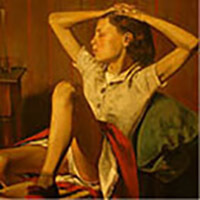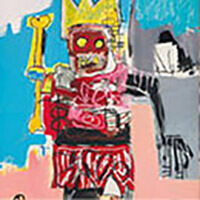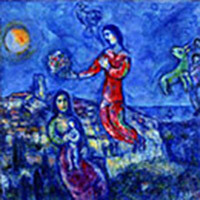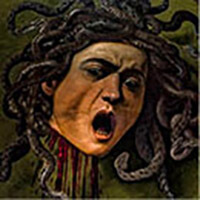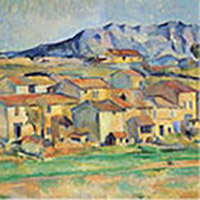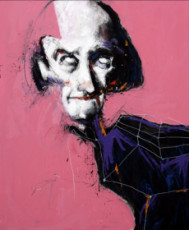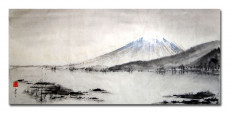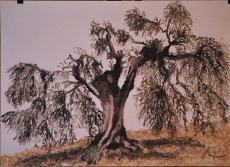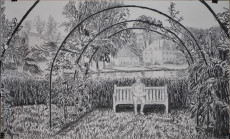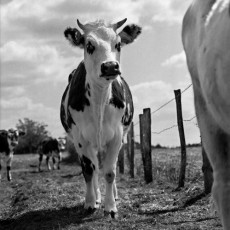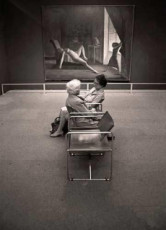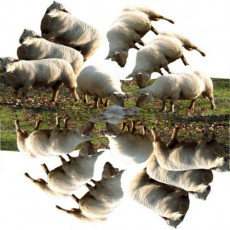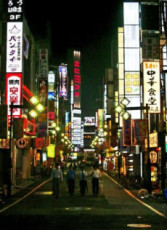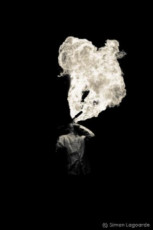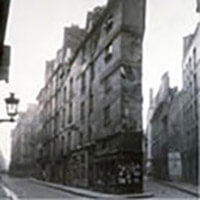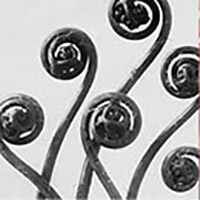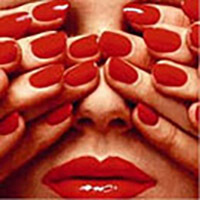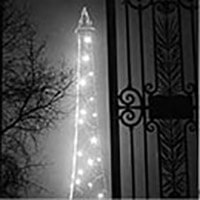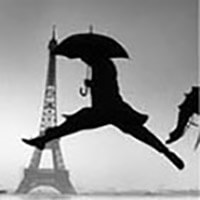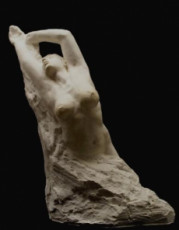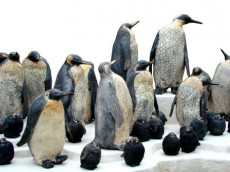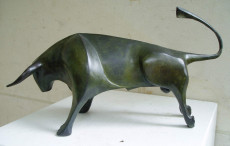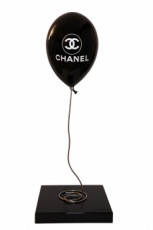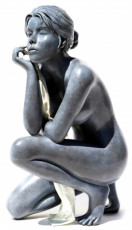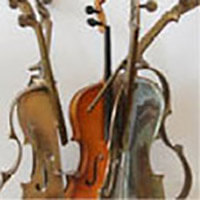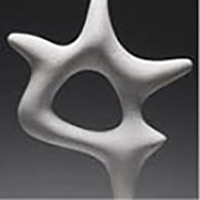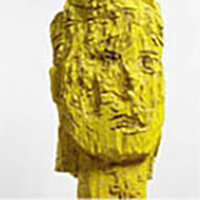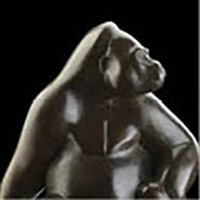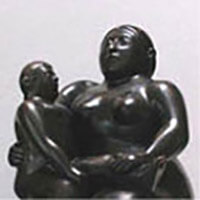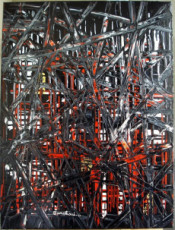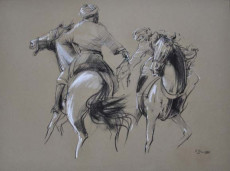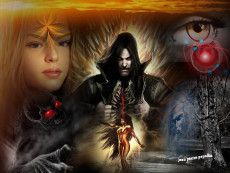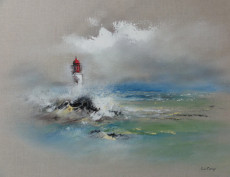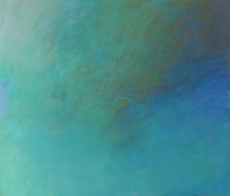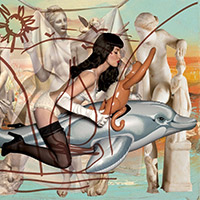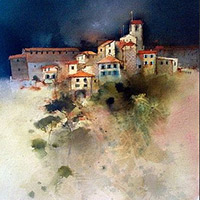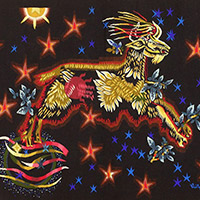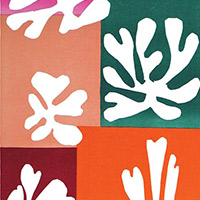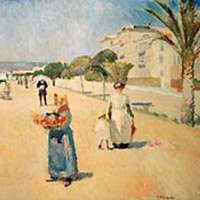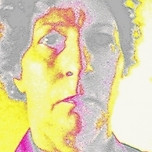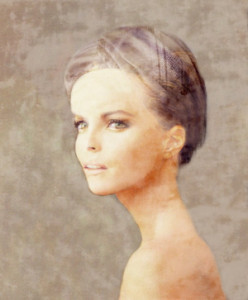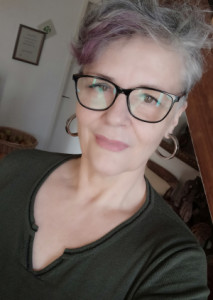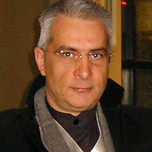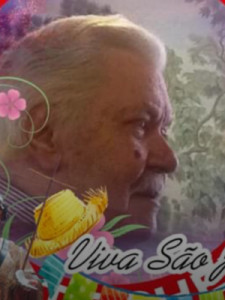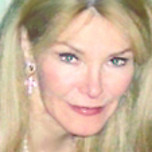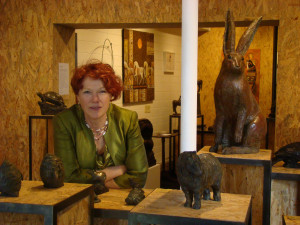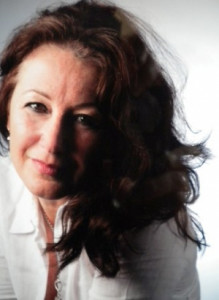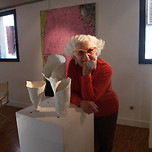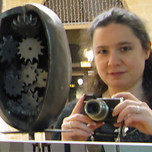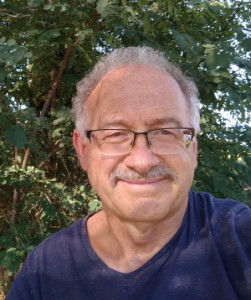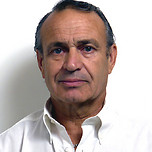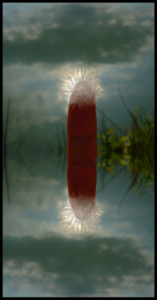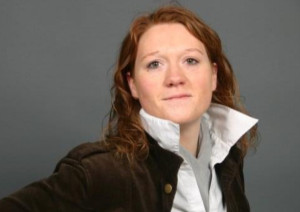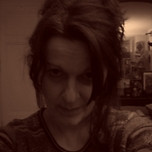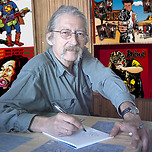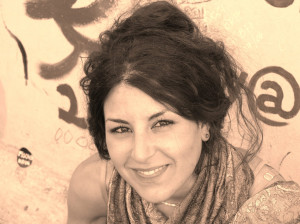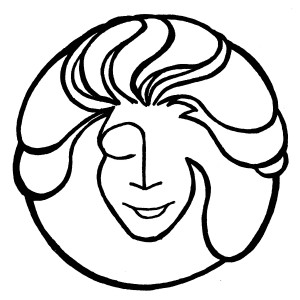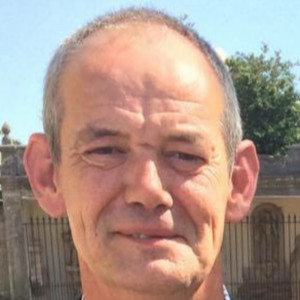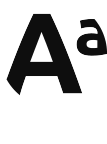
Entdecken Sie die zeitgenössische Arbeit von Marcus Sherman
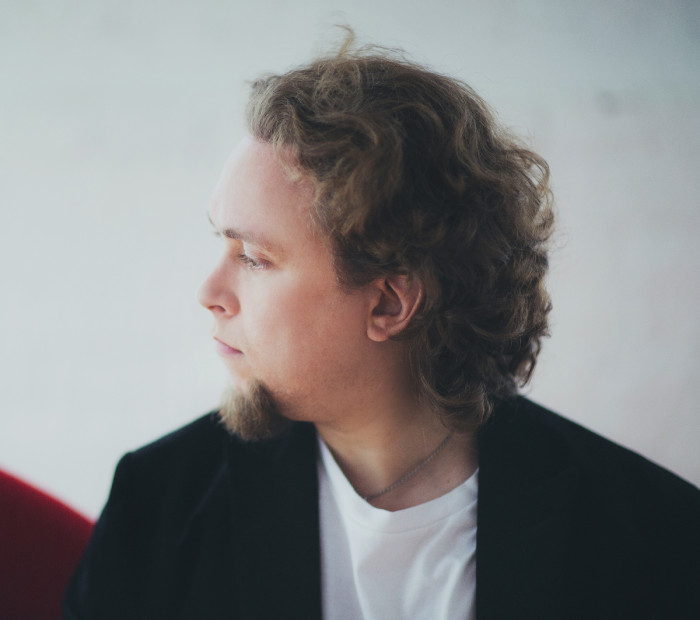
I was born in 1980 and live in Moscow. In 1997 he graduated from the art school, and in 2003 he graduated from the graphic design faculty of the Stroganov Moscow State Academy of Arts and Industry. I have worked as a designer in various fields for a long time. Due to the lack of creative realization, he took up his own independent creativity. I am engaged in abstract art, giving the viewer maximum freedom to create their own impressions. The visual language cannot be translated into the language of words. The visual image is a self-sufficient language for communicating with the viewer, which does not require textual accompaniment and verbal decoding. Variability, versatility, understatement and depth are integral features of this language. I do not impose my point of view and do not set a goal for the viewer to draw specific conclusions, but I call on the viewer to work together, the result of which is subjective impressions. Like inferences after reading a book, they are much more valuable than the content of reviews and critical articles. The ambiguity of the semantic interpretation is the desired effect of the viewer's perception of my artworks. I invite the viewer to co-create in creating a complete impression of my artwork.
I work and experiment with various painting and graphic materials and techniques. Basically, I prefer a complex synthesis of oil glazes, collages, shirpapir and my own author's techniques. Using my experience with CG tools, in particular, with 3D graphics, in the period 2019-2020 I got carried away with the creation of video art.
Before starting to create each artwork, I collect a large amount of material from various sources. The visual image is always primary, then the semantics appear. Sometimes I create sketches digitally; sometimes I create a model of shape in 3d. I use the most appropriate set of techniques when creating each work. It can be oil, acrylic and grattage, or the same oil glazing with a collage. Sometimes I use my author's techniques working with paper. I am a perfectionist and the quality of my artworks is very important to me. On average, it takes me about 2-4 months to create one job. This is a very time-consuming process that requires detachment of the existential bustle.
At the moment, I work with subconstructivism. I self-defining and naming it in this way, based on a project methodic to the creation of my artworks, hierarchical structure, as well as a significant emphasis on the aestheticization of pure form, which is the basis for the formation of the complex architectonics of my artworks. Subconstructivism is a modern representation of constructivism, denounced to the aesthetic form of the presentation of constructive spatial geometric forms.
Unlike constructivism, the structure in subconstructivism is not the main aesthetic fetish, but serves as a skeletal basis for the formation of a more aestheticized artistic image.
The aesthetics of subconstructivism is based on fractally scalable geometric constructions of simple basic shapes such as triangle, circle, and square. Adherence to these original geometric foundations makes it related to Suprematism. But unlike pure classical Suprematism, in subconstructivism there is a deeper aestheticization of the image, expressed not only in the adjusted basic geometric composition, but also in sometimes redundant forms that form a second visual plan for the viewer, which requires more careful study, and retains the gaze, requiring more attention to artwork. Each holistic visual image in subconstructivism is formed by several levels of perception, for each of which its own distance of contemplation of artwork is provided. The first plan is formed by a strict geometric shape, perceived from a great distance; the second, more detailed, is perceived only up close. The structure of the first and second planes is connected, if not by fractal dependence, then by structural and form-building principles.





